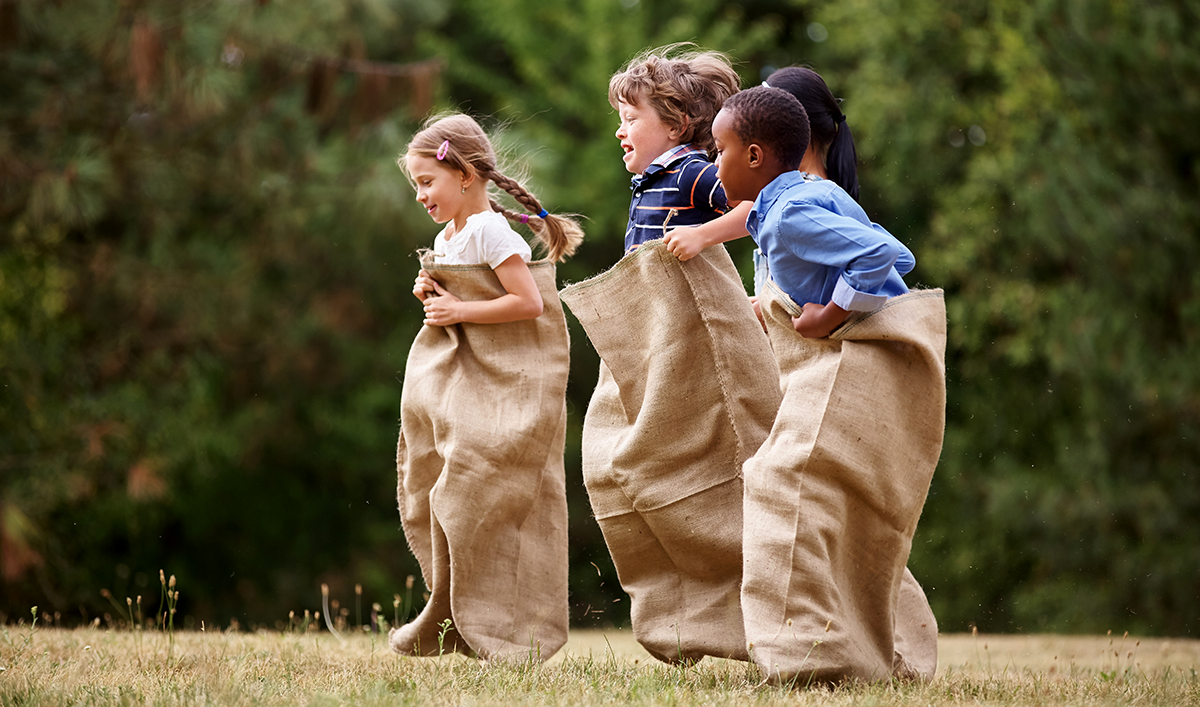Fear of the Unknown: How Intolerance for Uncertainty Holds Us Back from Success

As human beings, we are wired to seek safety and predictability. It’s part of our survival mechanism- if we can anticipate danger, we can prepare for it. But in modern life, danger often doesn’t come in the form of predators or physical threats.
Instead, it hides in uncertainty- the blank space of the unknown. And for many of us, that blank space feels terrifying.
This fear of uncertainty, while natural, can become a powerful barrier to our success. It can keep us from taking risks, exploring new opportunities or stepping into the unfamiliar territory where growth truly happens.
Why We Fear the Unknown
The human brain is essentially a ‘prediction machine’. Neuroscientist Dr. Karl Friston describes it as constantly trying to minimise ‘prediction error’- the gap between what we expect and what actually happens. When we step into the unknown, prediction becomes impossible and our brain raises the alarm.
Psychologists refer to the intolerance of uncertainty as a personality trait that makes it difficult to cope with ambiguous situations.
According to Dr. Michel Dugas, one of the leading researchers in this area, people with high intolerance of uncertainty tend to overestimate potential threats and worry more about future events. This tendency fuels anxiety, avoidance and risk-aversion.
In short, when the map ends, our minds often fill the blank space with our worst fears.
Projecting Our Fears into the Unknown
It’s common to project our deepest anxieties into situations where the outcome is unclear. If our greatest fear is rejection, we may imagine that a job interview will end in humiliation. If we fear inadequacy, we might believe starting a new business will expose us as a fraud.
This isn’t because the unknown is inherently negative, it’s because fear demands certainty, and when it can’t find it, it paints the worst-case scenario.
Author and psychiatrist Dr. Judson Brewer, in Unwinding Anxiety, explains that fear thrives in uncertainty because it allows the brain to ‘close the loop’ with a supposedly predictable, worst-case- scenario. It’s a misguided attempt at control.
The Fear of Failure
“Only those who dare to fail greatly can ever achieve greatly” -Robert F. Kennedy
Fear of failure is one of the most common and paralysing forms of fear. It’s not just about failing itself- it’s about what failure represents. For some, it signals a lack of worth or competence. For others, it means public embarrassment or wasted effort.
Dr. Guy Winch, a psychologist and author, points out that fear of failure often triggers a shame response. We avoid situations where we might fail, not because the failure would be catastrophic, but because we want to protect our self-image. Unfortunately, this avoidance is the very thing that stifles progress.
The Skill Gap: It’s Not Always About Talent
One of the most liberating reframes we can offer ourselves is this:
If we’re not good at something yet, it doesn’t necessarily mean we lack talent- it may simply mean we lack process.
Skills are learned. Processes are acquired. Success is rarely an overnight transformation, it’s the result of time, persistence and incremental improvement.
Carol Dweck’s growth mindset research reinforces this. People who believe abilities can be developed (rather than being fixed traits) are far more likely to embrace challenges, persist in the face of setbacks and ultimately, succeed.
When we reframe failure as feedback- and skill gaps as opportunities to learn- we transform the unknown from a threat into a training ground.
Reframing the Unknown
Instead of regarding the unknown as a void where anything could go wrong, we can learn to view it as a space of potential- where everything could ‘go right’.
Here’s a powerful reframe:
- From: “I’ve never done this before, I might mess up.”
- To: “I’ve never done this before, I might discover something amazing.”
When we focus on what could be gained rather than what could be lost, we give ourselves permission to try.
Building Tolerance for Uncertainty
While we can’t eliminate uncertainty, we can train ourselves to tolerate it better. Here are some evidence-based strategies:
- Small Doses of Uncertainty: Gradually expose yourself to ‘low-stakes uncertainty’. This could mean trying a new recipe without following the exact measurements, or taking a different route to work. Over time, you build resilience in ambiguous situations.
- Shift from Outcome to Process: When you focus on how you’re doing something rather than obsessing over what will happen, you anchor yourself in the present. This reduces anxiety about the future.
- Visualise Success as Well as Failure: Our brains tend to dwell on worst-case scenarios. Counterbalance this by consciously imagining best-case outcomes, which keeps fear from dominating the mental landscape. Allow yourself to realistically ‘play the script to the end’. Is the outcome really as bad as you imagined?
- Reframe Failure as Data: Instead of seeing a setback as proof that you’re not good enough, treat it as valuable information about what to adjust next time.
Stories of Success, Born from the Unknown
Here are a few well-known people who stepped into uncertainty and found greatness:
- J.K. Rowling was a single mother living on welfare before Harry Potter became a global phenomenon. She has said, “It is impossible to live without failing at something… unless you live so cautiously that you might as well not have lived at all.”
- Steve Jobs was fired from his own company before returning years later to lead Apple into its most innovative era.
- Oprah Winfrey was told she was ‘unfit for television’ before becoming one of the most influential media figures in the world.
Each one of them faced uncertainty. Each could have let the fear of failure dictate their path. Instead, they stepped forward, acquired the skills they needed and reframed their struggles as stepping stones.
Letting Go of the Need for Certainty
The truth is, certainty is an illusion. Life has always been uncertain; we simply create routines and narratives to make it feel predictable. The most successful, fulfilled people often aren’t those who avoid the unknown, they’re those who embrace it.
As author Susan Jeffers famously stated: “Feel the fear and do it anyway.”
When we accept that discomfort is part of growth, we stop waiting for the ‘perfect’ moment to act.
And when we release the belief that we must already be good at something before trying, we give ourselves the freedom to begin.
Final Thoughts
Fear of the unknown is universal, but it doesn’t have to be a life sentence.
By understanding how our minds project fears into uncertainty, by reframing failure as part of the learning process, and by building tolerance for not knowing, we can step into spaces that once felt impossible.
The race, as always, isn’t against anyone else- it’s against the version of ourselves that stays small because it’s afraid.
The unknown will always be there. The choice is whether we fill it with fear…or possibility.



